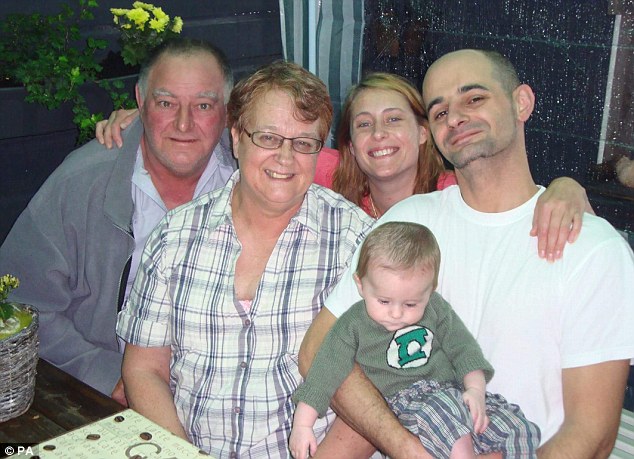Pancreatic Cancer will not wait

Getting an early diagnosis for pancreatic cancer is difficult enough, so when you get one, in time for potentially curative surgery, you’d think you are one of the lucky ones. Not so for poor old Peter Filipovic who, in early 2011 was found by his local hospital in Kent to have an operable tumour on his pancreas and was sent to a specialist centre in London for surgery. However, when he got there, the doctors failed to act on the pancreatic cancer diagnosis and he was not sent for surgery but instead investigated for other conditions.
Months of delay and further appointments followed where he was told explicitly that he did not have cancer at all. But Peter, who was only 62, continued to lose weight (6 stone in 6 months) and eventually became jaundiced. It was only after that that an endoscopy was done and the tumour in his pancreas confirmed. Sadly, by this time, Peter’s tumour had advanced and his condition was inoperable. Peter was so ill by this point that he was unable to embark on chemotherapy treatment. He died in the summer of 2012.
This is not just a catalogue of errors, but these delays and lack of communication between two hospitals resulted in Peter losing the chance of surviving this disease. Only 10% of those diagnosed are in time for surgery, and it is only surgery that offers patients a chance of surviving longer term. So while early diagnosis is vital, when it happens, delays in getting operable patients to surgery are just unacceptable as pancreatic cancer is a very aggressive disease and can progress very, very quickly.
After posting the Daily Mail article on the Pancreatic Cancer Action Facebook page we received a number of comments not only about how shocking this is, but stating that their relative too had had the same type of delay that poor Paul did and that their loved one too had missed the chance of a potential cure. This should not be happening in 2016 – or anytime.
I am a survivor of pancreatic cancer (nearly 9 years now) and I am only here because I was diagnosed in time and because my surgery happened only a week after they found a mass on my pancreas. My surgery was, according to my Consultant, ‘close to margins’ – meaning they just got it all out. Had my medical team delayed my operation I probably wouldn’t be here today. That just doesn’t bear thinking about.
My condolences go to Paul’s family, who have not only had to contend with his death but have had to pursue a complaint to the Ombudsman so this doesn’t happen to anyone else. Fortunately their compliant was upheld and I just hope that the hospitals and individuals involved have learned from this so no other family has to go through what they have.